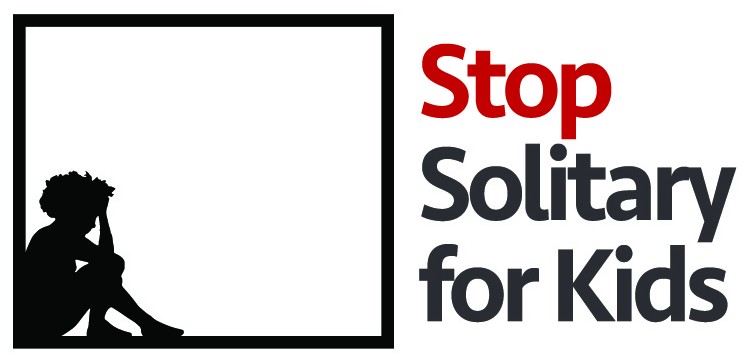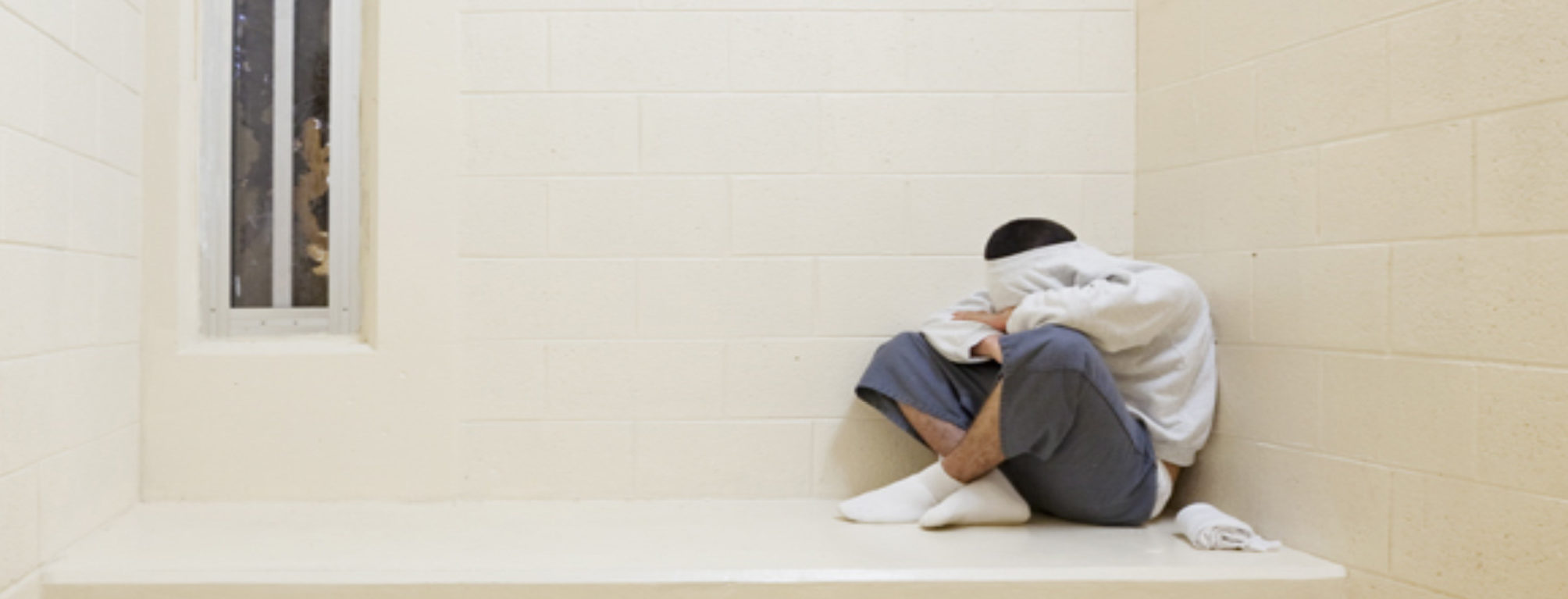Solitary confinement – also known as isolation or room confinement – has life altering effects on kids. Today, the Stop Solitary for Kids campaign is releasing Not in Isolation: How to Reduce Room Confinement While Increasing Safety in Youth Facilities highlighting specific examples and lesson learned from four jurisdictions: Colorado, Massachusetts, Oregon, and Memphis, TN. This first-of-its-kind report is a roadmap to help administrators and staff answer the question, “If not isolation, then what?” in ways that are developmentally appropriate and improve overall outcomes for kids. Advocates, policymakers, and other stakeholders can also use the report to demonstrate that preventing isolation is possible and to get an inside look into what it takes to do it.
Find links to the report, fact sheets, and other resources here.
Not in Isolation tells the stories of how four jurisdictions reduced isolation without compromising staff or youth safety. Whether it was in response to suicides, federal litigation, or legislation, these sites made intentional changes to safely reduce the frequency and length of isolation. The report includes:
- Specific actions that worked;
- Quotes and perspectives from staff;
- Sample forms and policies; and
- Data to confirm that we can reduce and eventually end isolation in all types of youth facilities.

